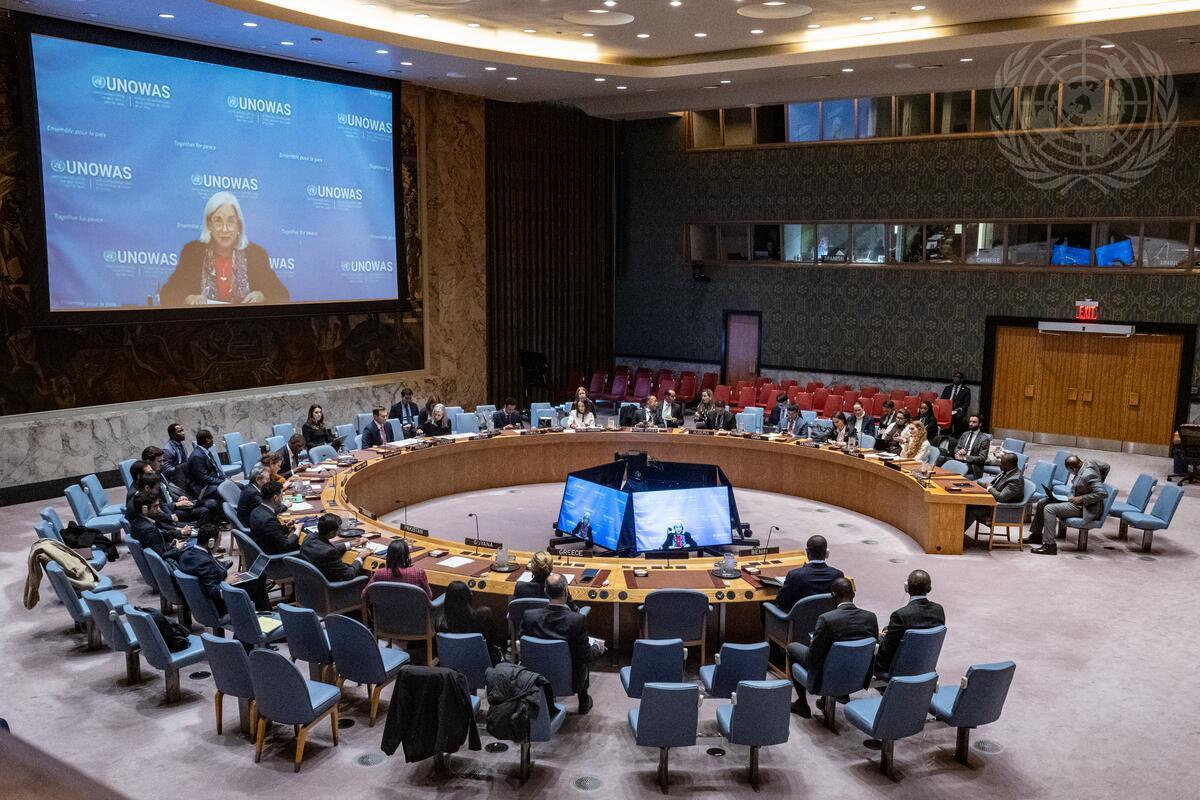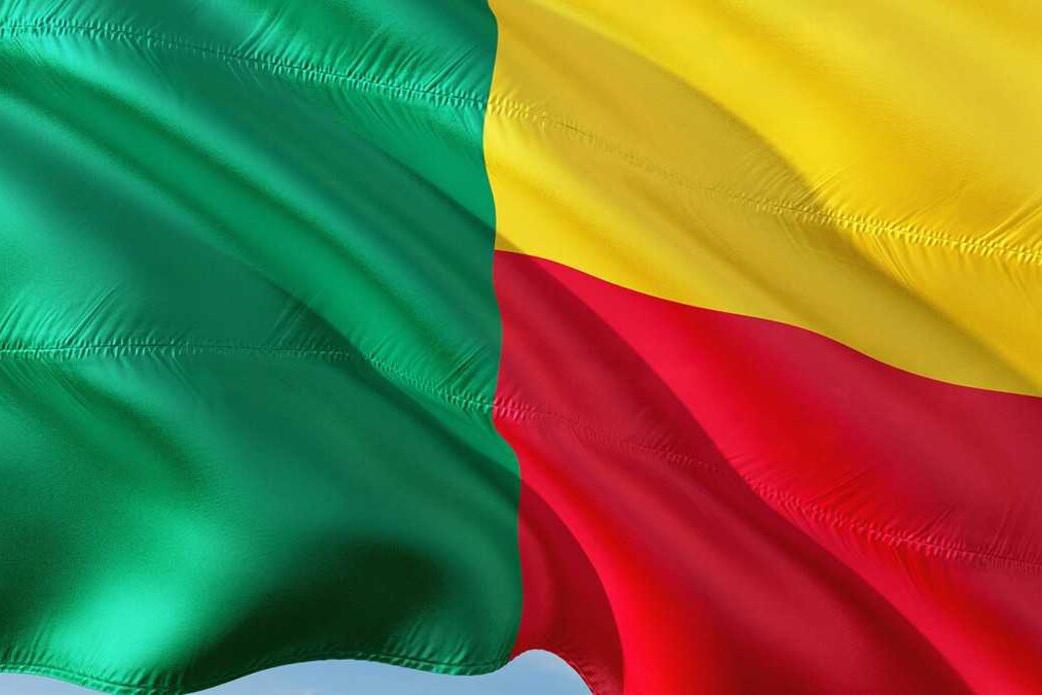« C’est une crise économique. Une crise sociale et une crise humaine qui devient rapidement une crise des droits de l’homme ». Ces paroles du Secrétaire général de l’ONU, Antonio Guterres, résument la nécessité d’une action concertée pour faire face à l’impact de la pandémie du COVID-19 et mettre en place des mesures pour y remédier dans le respect des droits de l’homme.
Comme le reste du monde, les pays d’Afrique de l’Ouest et du Sahel ont mis en place de multiples actions en réponse à la pandémie, notamment, la fermeture de leurs frontières terrestres, aériennes et maritimes, le confinement et les cordons sanitaires, l’imposition de l’état d’urgence et des couvre-feux, le port obligatoire de masques dans les lieux publics, ainsi que d’autres mesures sanitaires.
Certaines de ces mesures, même si elles sont autorisées en vertu du droit international relatif aux droits de l’homme dans le contexte de l’urgence sanitaire mondiale, provoquent divers débats sur l’alignement de leur application sur les normes des droits de l’homme.
Les confinements et autres limitations restreignent la liberté de mouvement et de réunion et réduisent la capacité de nombreuses personnes de travailler et de gagner leur vie, ce qui a eu un impact sur la jouissance de leurs droits économiques et sociaux. L’impact économique à long terme de la pandémie en raison de la baisse des sources de revenus, l’augmentation des déficits budgétaires, l’inflation croissante en particulier des produits de base et l’augmentation du chômage, peuvent avoir un impact grave sur la jouissance des droits, comme, la santé, l’éducation, la nourriture, l’accès à l’eau potable et le droit au développement.
Les pays d’Afrique de l’Ouest et du Sahel ont pris des mesures proactives additionnelles telles que le lancement de programmes de protection économique et sociale
Mettre l’accent sur le développement humain
Pour réduire les effets de ces mesures sur les droits de l’homme et le bien-être des populations, les pays d’Afrique de l’Ouest et du Sahel ont pris des mesures proactives additionnelles telles que le lancement de programmes de protection économique et sociale. Bien que la réaction à ces programmes varie d’un pays à l’autre, il est important de souligner que s’ils sont rigoureusement mis en œuvre, ils pourraient constituer un filet de sécurité sociale efficace dans le court et moyen terme pendant que les Etats dans la sous-région continuent de faire face à la pandémie.
Mais tout comme l’épidémie d’Ebola, cette pandémie a révélé le manque chronique d’investissement dans les systèmes de santé et les profondes insuffisances dans les systèmes de gouvernance qui, au fil du temps, n’ont pas permis de créer un environnement propice au respect des droits de l’homme tels que le droit au meilleur état de santé physique et mentale possible.
A cause des faibles niveaux d’investissement, de nombreux systèmes de santé dans la sous-région ne sont pas en mesure de fournir des soins de santé de base à la population. La situation peut être aggravée par la pandémie.
La pandémie a également révélé les lacunes dans l’élaboration des politiques et la nécessité de reprioritiser et de se concentrer sur le développement humain. Elle a montré que la sécurité humaine, qui comprend les soins de santé appropriés est inextricablement liée à la sécurité de l’État et doit donc être prise très au sérieux par les décideurs politiques.
Sans aucun doute, les pays de la sous-région saisiront cette occasion pour redoubler d’efforts et élaborer des politiques et des programmes axés sur les droits de l’homme afin d’assurer la fourniture de services de santé conformément à leurs obligations en vertu du droit international de l’homme.
Impact sur les droits de l’homme
La réponse à la pandémie soulève également d’autres questions.
Les restrictions ont réduit l’espace civique et la possibilité que les débats favorisent la responsabilité publique de la réponse et sur des questions de gouvernance plus larges. Certains acteurs des droits de l’homme ont exprimé de sérieuses préoccupations au sujet des restrictions qui leur ont été imposées pour surveiller les questions relatives aux droits de l’homme relatives à la réponse.
Au même moment, les rapports faisant état d’un recours excessif à la force par les forces de sécurité tout en assurant le respect des mesures de confinement et d’autres restrictions ont renforcé l’examen de leur rôle dans la réponse globale à la pandémie et de son impact sur les droits de l’homme.
Dans certains pays, les forces de sécurité déployées pour assurer le respect des droits de l’homme ont été impliquées dans des violations des droits de l’homme telles que le droit à la vie, la torture ou des peines ou traitements cruels, inhumains ou dégradants, l’arrestation et la détention arbitraire qui remet ainsi en question la nécessité et la proportionnalité de leurs actes.
La Commission nigériane des droits de l’homme a indiqué qu’entre le 31 mars et le 4 mai, au moins 29 personnes ont été tuées, en majorité par les forces de sécurité qui ont imposé le confinement.
Les acteurs des droits de l’homme au Ghana, en Guinée, au Niger, au Sénégal et au Togo ont fait part de leurs préoccupations concernant l’utilisation excessive de la force par les forces de sécurité.
En réponse, les autorités ont, dans certains cas, promis d’ouvrir des enquêtes et de répondre à ces préoccupations. Au Togo, par exemple, le commandant de la force spéciale COVID-19 a été retiré et des enquêtes ont été ouvertes.
En outre, dans le cadre des mesures visant à freiner la propagation de la pandémie dans les établissements pénitentiaires, environ six mille prisonniers ont été libérés ou sont libérés au Mali, au Niger, au Nigeria, au Sénégal et au Togo. Il est urgent que tous les pays de la sous-région saisissent cette occasion pour décongestionner les prisons et entreprendre de profondes réformes pénitentiaires.
Au regard de la perception croissante de l’instrumentalisation du système de justice dans la région, les acteurs des droits de l’homme continuent de surveiller de près l’utilisation des pouvoirs supplémentaires confiés à l’Exécutif pour faire face à la pandémie
Au regard de la perception croissante de l’instrumentalisation du système de justice dans la région, les acteurs des droits de l’homme continuent de surveiller de près l’utilisation des pouvoirs supplémentaires confiés à l’Exécutif pour faire face à la pandémie afin de s’assurer qu’ils sont utilisés exclusivement dans le cadre de la réponse à la pandémie et non pour des gains politiques personnels ou partisans.
2020 est aussi une année d’importantes élections. Dans des pays comme le Burkina Faso, la Côte d’Ivoire, le Ghana, la Guinée et le Niger qui se préparent à des élections présidentielles, il est vital que tout soit mis en œuvre d’une manière inclusive et consensuelle pour assurer que l’organisation des scrutins se déroule dans le respect de la loi et celui du droit des électeurs, seuls garants d’une élection pacifique.
Le soutien des Nations Unies
Outre le soutien technique et financier apporté aux gouvernements de la sous-région par les équipes pays des Nations Unies à l’élaboration et la mise en œuvre de plans d’urgence nationaux, l’ONU continue d’aider les autorités à intégrer également les droits de l’homme dans la réponse.
Elle plaide pour que les droits de l’homme soient au centre de la riposte. Le 23 avril, un rapport sur le COVID-19 et les droits de l’homme a été élaboré ; il fournit des orientations sur la garantie d’une approche des droits de l’homme à la réponse.
La Haut-Commissaire des Nations Unies aux droits de l’homme, Mme Michelle Bachelet, en plus du soutien apporté par son Bureau aux autorités nationales, y compris en Afrique de l’Ouest et dans la région du Sahel, a écrit aux Institutions nationales des droits de l’homme pour reconnaitre leur rôle clé et leur demander de participer davantage à la conception et à la mise en œuvre des plans d’intervention.
En Afrique de l’Ouest et dans la région du Sahel, le Représentant spécial pour l’Afrique de l’Ouest et le Sahel, M. Mohamed Ibn Chambas a rappelé la nécessité d’assurer le respect des droits de l’homme tout en luttant contre la pandémie. Conjointement avec le Président de la Commission de la Commission Economique Des Etat de Afrique de l’Ouest, Jean Claude Brou, ils ont également souligné la centralité des droits de l’homme dans la réponse au COVID-19.
Vaincre le COVID-19 est une responsabilité collective. Cela exigera un objectif commun qui va au-delà des concepts, des positions de partis politiques, des systèmes politiques et de gouvernance, des croyances traditionnelles et culturelles. Il faudra également une approche fondée sur les droits de la personne qui améliorerait la participation significative des communautés, des femmes, des groupes vulnérables et marginalisés dans la recherche de solutions tout en prévenant et en s’attaquant aux cas de stigmatisation et de victimisation qui pourraient affaiblir les efforts en cours.
Dans cette crise inédite, il est impératif de renforcer un engagement constructif entre l’État et les citoyens dans la recherche de solutions.
Il est crucial que les dirigeants continuent de faire preuve de leadership à tous les niveaux afin de maintenir la responsabilité et l’appropriation locales, nationales et régionales, de la mise en œuvre réussie des mesures déjà prises et celles à venir.
Cet article est publié dans le Magazine UNOWAS N11 -> Téléchargez ici





